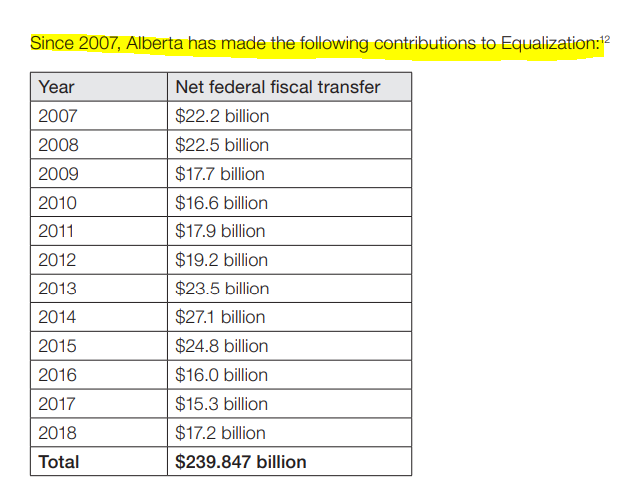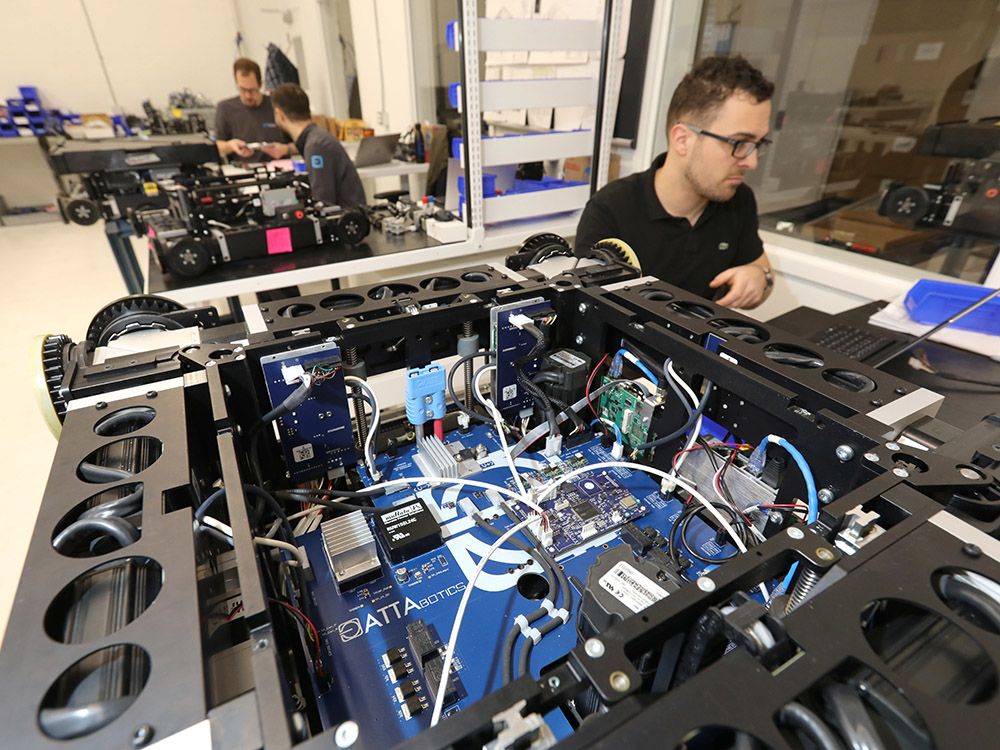Studies like
this one are freaking me out: "In this study of a cohort of German patients recently recovered from COVID-19 infection, CMR revealed cardiac involvement in 78 patients (78%) and ongoing myocardial inflammation in 60 patients (60%),
independent of preexisting conditions, severity and overall course of the acute illness, and time from the original diagnosis." Basically a study of 100 adults in Germany who "recovered" from COVID, 67% of whom were never hospitalized, but 78% had heart abnormalities 2-3 months after their original diagnosis. Early findings, but very concerning. I should also note that I'm not a doctor, but a friend who is a doctor sent me this article.
Talk of scarring on the lungs and the heart makes me think of my grandfather who suffered pneumonia as a child before the availability of antibiotics. It left his lungs scared for life. He had to retire as a middle-aged person and died of congestive heart failure at 63.
There's a lot of uncertainty, and it's easy to become fixated on the worst case scenarios. Nonetheless, the worst case scenarios are extremely horrifying. I think most people are fixated on the death rate and the average age of death without realizing some of these other potential consequences of the virus. We really, really need to minimize infection rates until we have a better understanding of the long term consequences of the virus.









